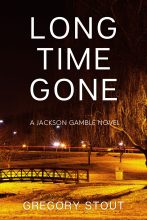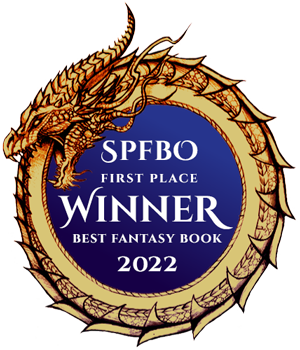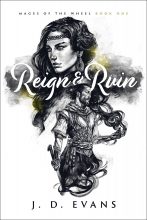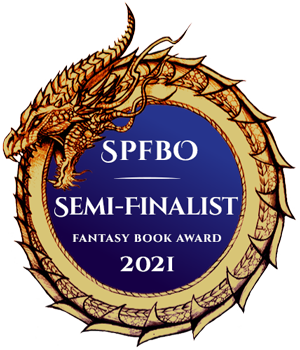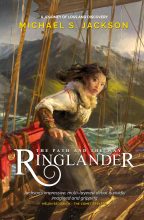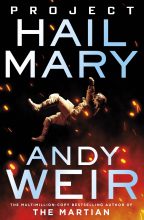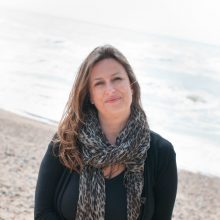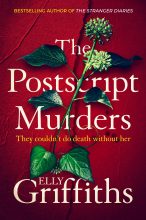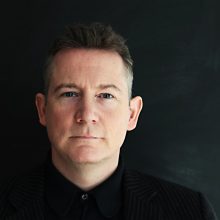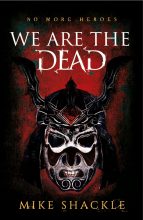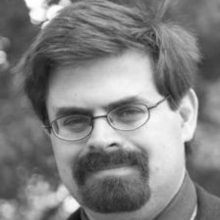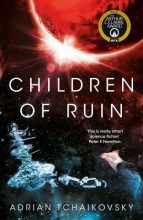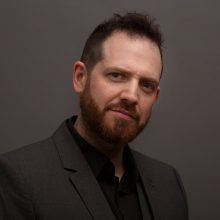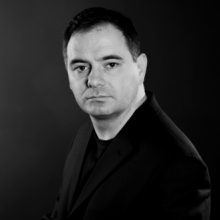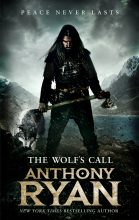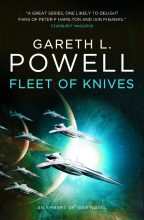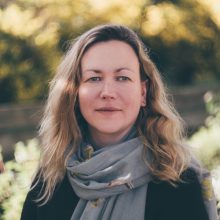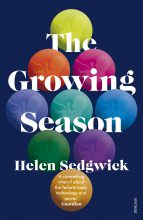Questions and answers from world-builders, character-designers and story-makers
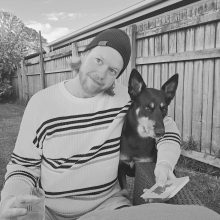
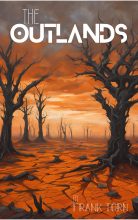
“Write what keeps you awake at night.”
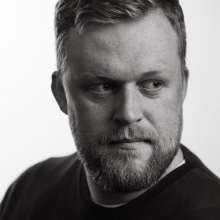
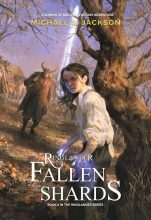
“Fantasy has everything. It's a playground for how the world could be, but with freaking dragons and magic!”

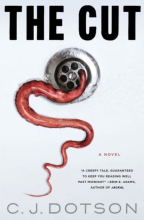
“Find your community, find your people in the writing world”

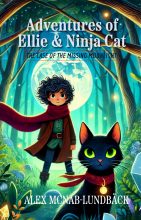
“Write before you’re ready”
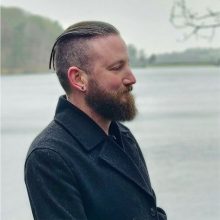
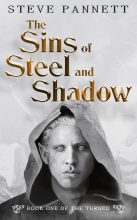
“I create, consume, cavort and commune!”

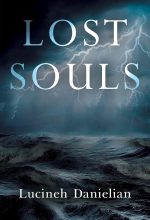
“Writing is not a mere desire, but a craving, a necessity and a part of one's soul”
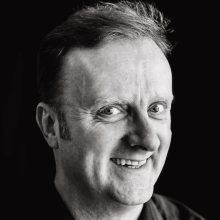
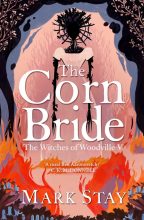
“In a world full of AI slop, it’s going to be crucial to be your true and strange self.”

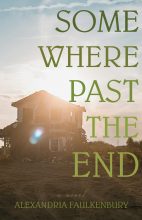
“I don't think there can be any better inspiration than reading”

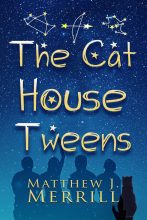
“Don't get discouraged when you have doubts, receive negative feedback, or feel like your writing doesn't measure up. Just write. You will find your voice.”

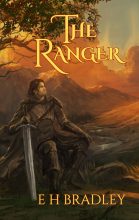
“My biggest challenge is trusting the source of where the ideas come from”
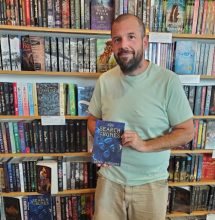
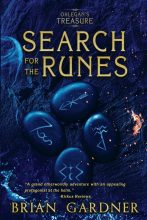
“Stop thinking, start writing”

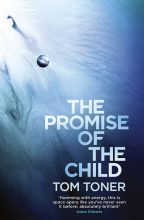
“A perfect free morning would be spent in the sun with a coffee and my notebook, worldbuilding.”

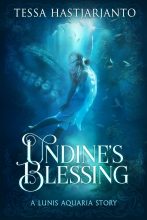
“I had stories I needed to get out of my head”
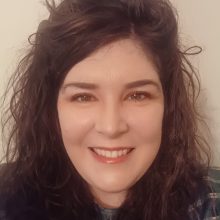
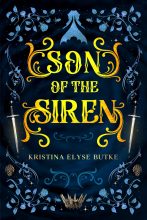
“Publishing is wildly unpredictable and we are all on our own paths in our own time”
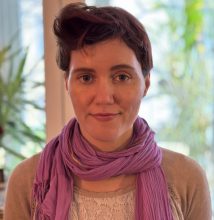
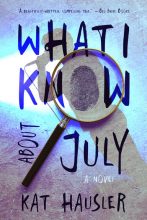
“Try to look at your story like you're a stranger to it, because that's what your readers will be”

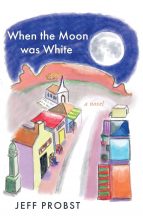
“I had to decide which characteristics to give to which characters, and what about them wasn’t me.”

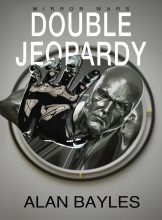
“I have developed a habit of letting my characters take over the story from me”
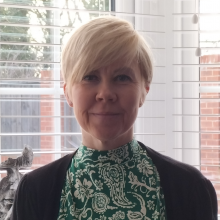
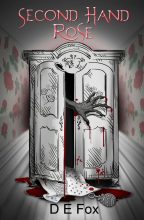
“Due to my mental health I write to unwind and escape so I never pressure myself to write a certain number of words.”
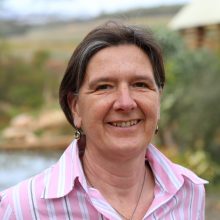
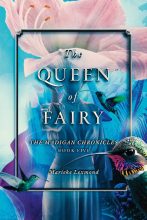
“Learn from others, pick what works for you, and make it your own.”


“Invest some time in searching for good beta-readers.”
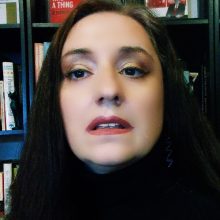

“A nonfiction author has to re-create and reconstruct elements from reality and be truthful and honest about it”

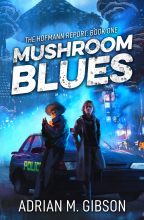
“Build connections and involve yourself in the community as early on as you can, especially before you release your first book”
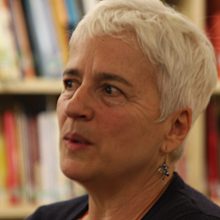
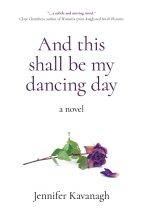
“Write in the way that suits you and the material. Let go of preconceptions. Let the characters lead you.”
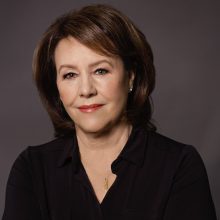
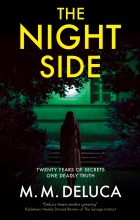
“If your writing isn't tearing at your emotions, then it's not going to do much for a reader. Tap into your greatest joys and deepest fears.”
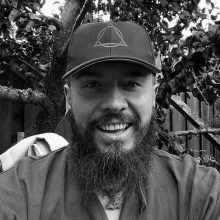
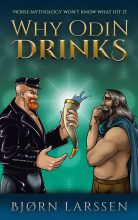
“I play fast and loose with the Norse mythology and lore.”

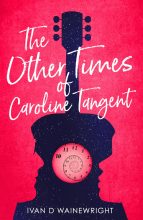
“I’ve always loved stories which are set in our world but where something is just shifted slightly to one side.”
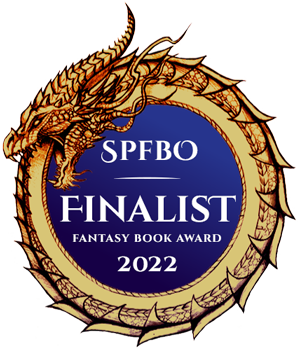

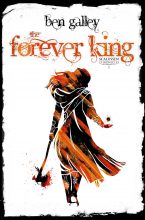
“As long as your escapism is rooted in strong characters and plot, emotional entertainment, believability, and intrigue, you can escape anywhere.”

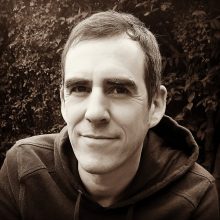
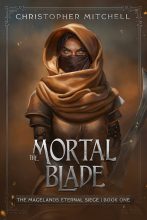
“Keep writing, believe in yourself, develop a thick skin, and own the fact that, if you write, then you are a writer.”

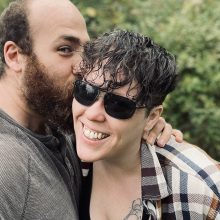
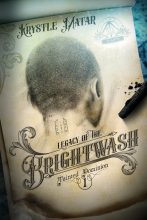
“That’s the beautiful thing about storytelling, really. You could give the same prompt to 100 writers, and you would get 100 different stories.”

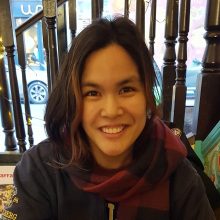
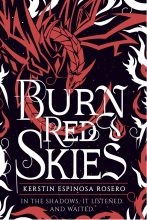
“My pen followed me everywhere, giving shape to whatever was in my head at the time.”


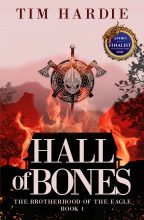
“I think the most interesting aspect of developing character is how they acquire a life and personality of their own”

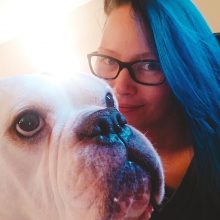
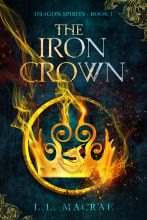
“Worldbuilding is by far my favourite thing about the fantasy genre – whether reading it or writing it”
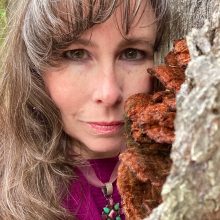
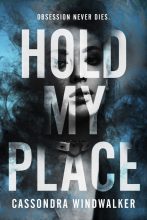
“I become my characters when writing, feeling what they feel, and interpreting the world around me through their lenses.”

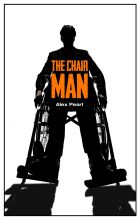
“Enjoy your writing and don’t be put off by criticism when it is constructive.”
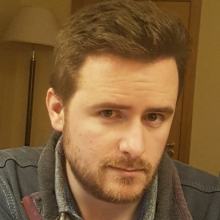
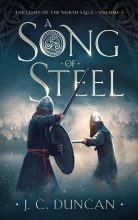
“I don’t have stories of good and evil, I write stories of people, and people are both.”
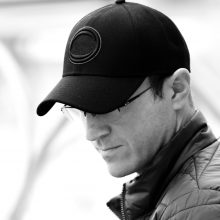
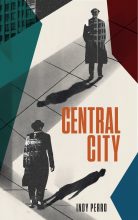
“Relationships, generally, are a recurring theme. How do people relate to one another through technology, art, and social structures? How do relationships shape individuals? How do we see ourselves within our communities? These are the questions I’m drawn to through character development...”

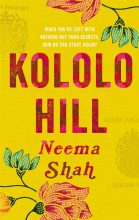
“I think it's important to look outside the novel for inspiration because we become so subsumed by the story that it can narrow our view.”

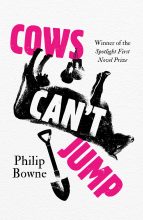
“I focus on characters and I just let the ideas come as I write.”

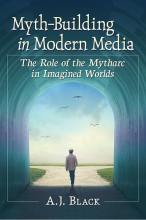
“If you believe you have something to say about a topic you love, say it. Write it.”

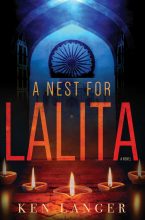
“Grow elephant hide – thick skin may not be enough.”

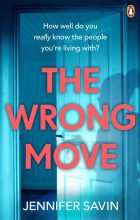
“Writing feels like playing Tetris a lot of the time, it’s about shape shifting and moving the parts around until they click, and you get that ‘ahh’ feeling”

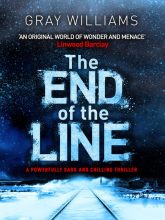
“Adding magic to the real world is very tricky. Humans are very complicated and clever creatures and collectively we adapt and change to one another and come up with things that no one person could conceive alone.”
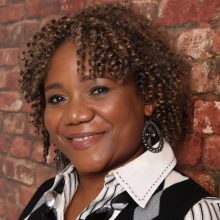
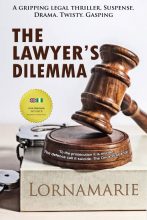
“The heard word is lost, the written letter abides”
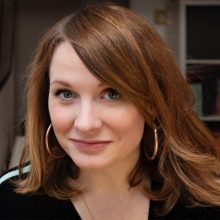
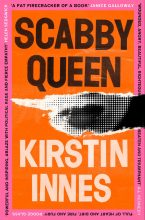
“She’s also the queen of the tiny moment, the thing unsaid. I love the tiny little beats underscoring her characters’ interactions.”


“I used my experience as someone who has lived under dictatorship”

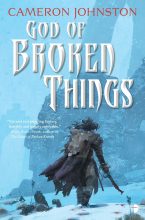
“The one thing that every author I know has in common is perseverance.”

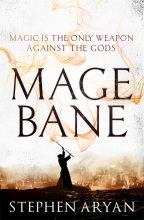
“I think writer's block isn't a thing, at least not in the way people typically think about it...”
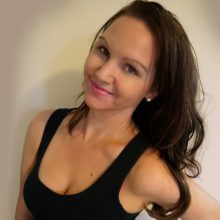
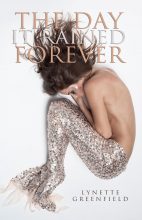
“I never want the reader to be too familiar with a place, but it’s nice to be able to reflect familiarity, with a spin.”
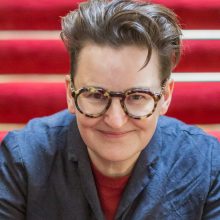
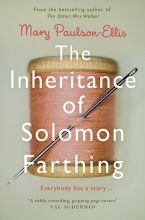
“What else does a writer need to invest in other than some paper, a pen and a room of one’s own.”
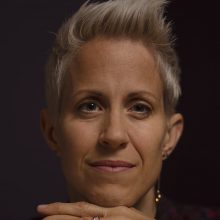
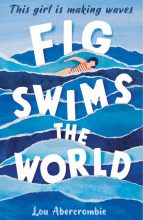
“There’s no right or wrong way to write a book. The main thing is to get it finished!”

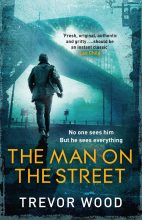
“Getting constructive feedback – and the constructive bit is vital - on your work is absolutely essential to growing as a writer.”
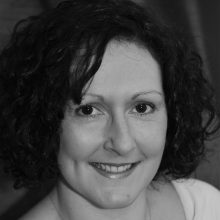
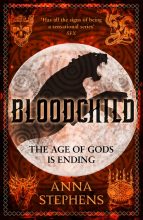
“My biggest aim was to ensure that every character, hero or villain, was believable”

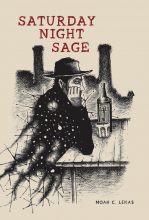
“[My] characters test the limits of my philosophical and theological paradigms. They push beyond the borders and into untamed space with resolute force”
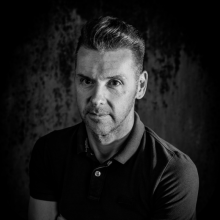
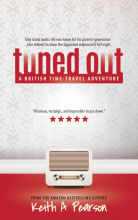
“Beyond the protagonist, I rely heavily on a strong supporting cast so I spend a lot of time developing relatable characters.”

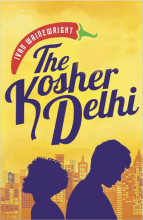
“Drawing mind maps helps me far more than simply writing lists on paper or on a computer screen. I find it especially helpful when I am first thinking about a new story.”

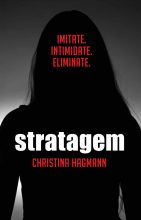
“I create pretty detailed character spreadsheets, including a Google image of someone who I think represents the character”

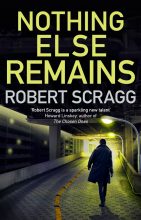
“Don’t get it right, get it written”
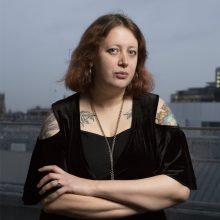
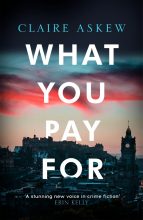
“I’m very interested in toxic masculinity, and I feel like everything I write – poetry and fiction – has an eye on wanting to get to the bottom of it.”

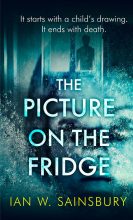
“Empathising with people who don’t think like I do is one of the hardest—and most rewarding—parts of writing fiction.”
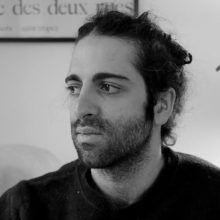
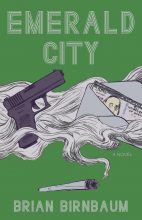
“Even with the veil of fiction, even transfigured through the eyes of my characters, it’s difficult to write about that which truly scares you or hurts you.”
FEATURED
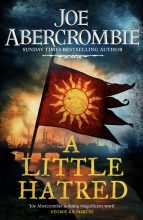
A Little Hatred by Joe Abercrombie
“That good and evil are often a matter of where you stand. That violence is utterly destructive for both victim and perpetrator, but at the same time has a glamour that fascinates us. That wizardly mentors do not necessarily have the best interests of the world at heart…”
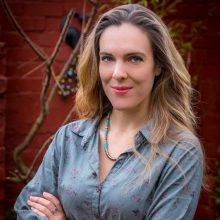
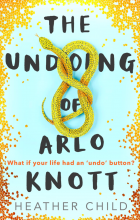
“Roam the countryside, if I get the chance, or travel further afield. Routine isn’t great for the imagination, and a change of scenery always gets you out of a rut, so to speak.”
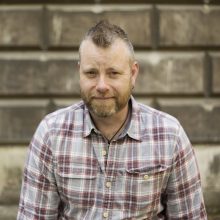
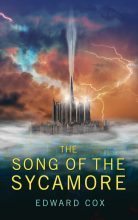
“Sometimes the logical thing to do is the hardest thing: killing off a character, acts of betrayal, making mistakes which have dire consequences - allowing my children to leave the nest and live their own life is probably how my abilities are most tested.”

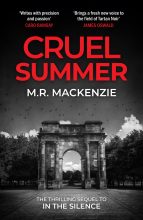
“More often than not I find myself writing about civilians forced by circumstance to solve crimes. “Ordinary people experiencing the worst day of their lives””
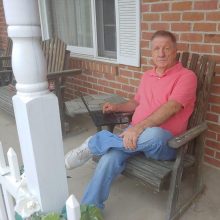
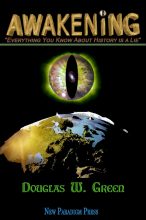
“Many authors speak of outlining a story with all the basic ideas and story lines. I just sat down and started writing. The characters and stories flowed like a faucet almost faster than I could put them on the screen.”

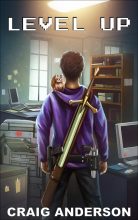
“Pretty much all my stories have one thing in common, an underdog. I don’t know why I love that archetype so much, but so far all my MCs have been drastically underestimated, sometimes by others, and often by themselves”
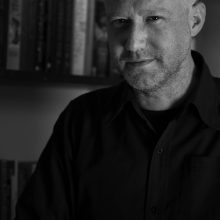
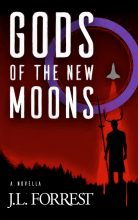
“Good characters make stories interesting. They’re where the gold is at.”

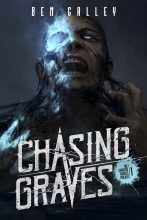
“Keeping ideas fresh is always an obstacle, of course, as well as the amount of research required when taking inspiration from certain mythologies.”
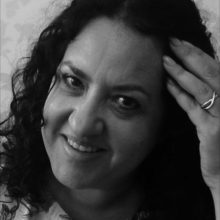
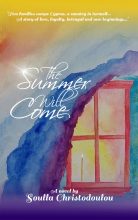
“I live life. I laugh, I cry, I travel, I keep my eyes and ears open and always carry a notebook and pen!”
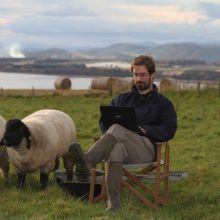
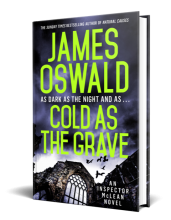
“It’s not always easy to fathom the mind of a serial killer though, or indeed accurately portray the inner voice of a thirty year old woman when you’re neither.”

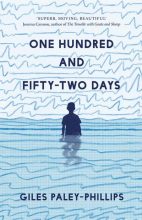
“I'm not sure I do fully overcome the challenges, I think I try and find a way around them.”
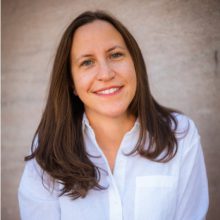
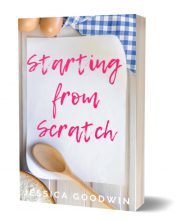
“Even if you can barely squeak out a paragraph. Don’t worry about editing and making things perfect. Just write”

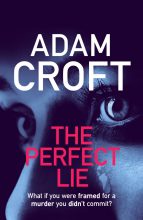
“I write only when inspiration strikes. Fortunately it strikes every morning at nine o'clock sharp.”

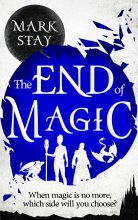
“If you’re starting out, then write as much as you can. Twenty minutes a day will get you into the habit. Set deadlines and make a declaration.”
Get Featured on Author Interviews
If you're published (traditional, self or indie) please get in touch. All data is protected according to our Privacy Policy.
We do not accept books written with AI / AI generated covers

